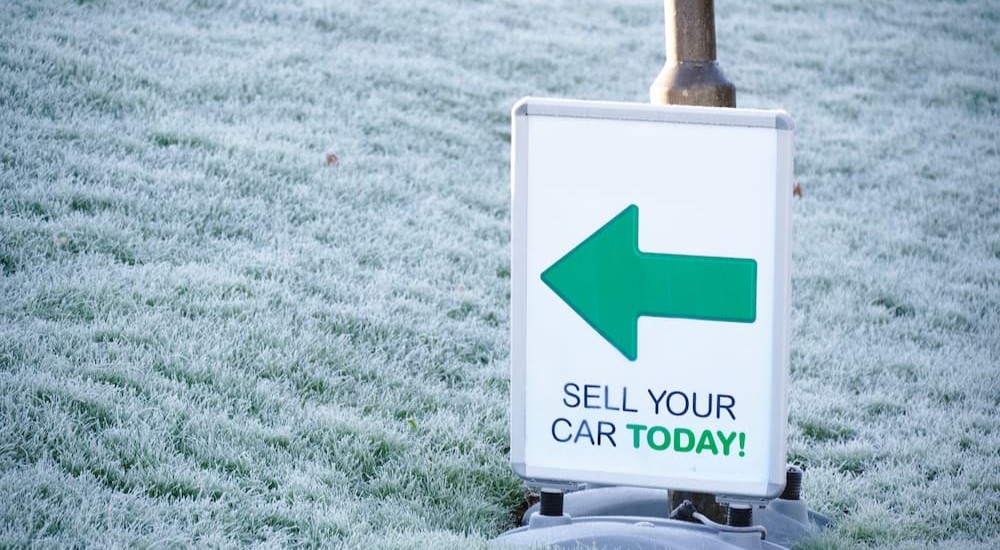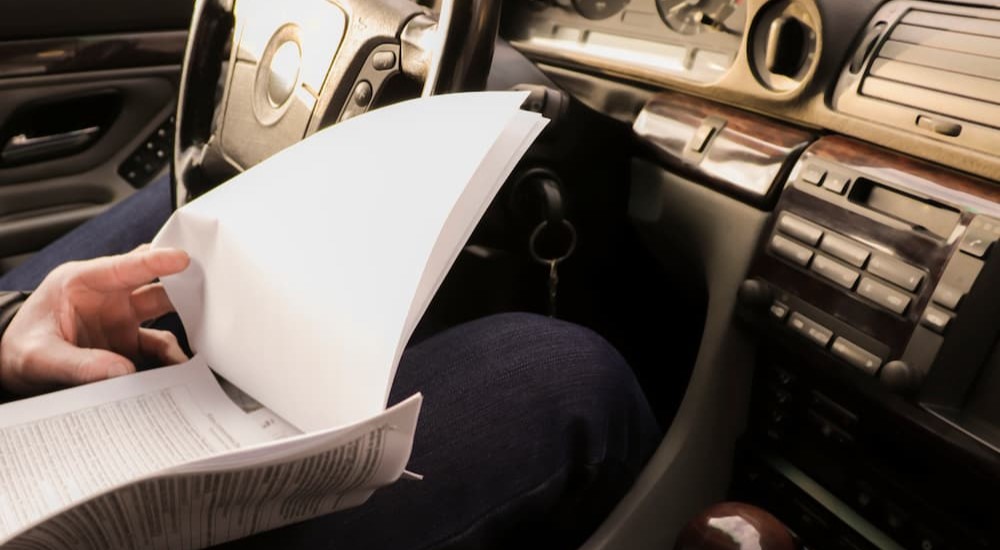Shopping for and buying a car takes a lot of research and effort to make sure you get what you need––a reliable vehicle at a fair price. Selling a car that you currently have requires just as much work, though the things you need to focus on and consider can be quite different. The first thing you should definitely not do is simply type “sell my car” into your phone and hit the first online car buyer that pops up, hoping they’re a good one. After that, the second thing you absolutely don’t want to do is put yourself into a compromised situation with a “buyer” who’s actually looking to scam you or worse.
Now that we’ve covered those first two bits, let’s take some time to go over some important things that you should know before selling your car. I’ll touch on those first points again in more detail, plus we’ll go over some other things to consider. You’ll still have to figure out some stuff for yourself, like where the best place to sell your car is near you, but this should make it easier to do so safely.

Thing #1 – Carefully Consider Your Selling Options
Before you start looking up what your car might be worth or cleaning out the interior of your vehicle, the first thing you need to do is decide on the right way to sell your car. You essentially have two options: sell your car privately to another individual or sell it to a business, such as a dealership in your area or an online retailer. Both of these options have their advantages and drawbacks, so you’ll need to decide which is right for you.
Selling to a private buyer is a very tempting option for a lot of people for one major reason: the money. In general, you’ll get the most cash for your vehicle if you sell it privately; a dealership or similar company needs to sell your car after buying it from you for a profit, so they’ll factor that into how much they’ll pay. Private buyers will pay (closer to) what your vehicle is actually worth. The major downside to dealing with a private buyer is the massive unknown factor—you could be talking to someone decent, or you could be dealing with a criminal looking to scam you (or worse). You have to be incredibly careful if you sell to an individual: carefully control every piece of personal information you give them, only meet them in a public place, consider bringing a friend along, and go with them to the bank to see them get a cashier’s check for payment.
If you sell your car to a dealership or similar company, then you won’t get as much money as you might be able to with a private buyer, but all of those extra risks go by the wayside. You don’t have to worry about someone trying to pass a fake check or otherwise running some kind of payment scam on you, nor do you have to be concerned about meeting a stranger who might want to harm you. A reputable dealership will want to pay as little as possible, of course, so expect to haggle a bit, but they take all of that other guesswork out of the equation. You’ll have to decide what’s most important to you.

Thing #2 – How to Get the Most for Your Vehicle
However you plan on selling your vehicle, you’ll want to get as much as possible for it (I assume), which generally depends on a few things. First and foremost, your car needs to be in the best condition possible—this comes down to simply taking proper care of it. Follow the manufacturer’s service schedule for your ride and keep a log or journal showing you’ve followed it, with receipts if you really want to be thorough. It’s one thing to keep your car in great shape; it’s another to be able to prove that to a potential buyer.
Beyond that, it’s a good idea to give your car a thorough cleaning inside and out before you sell it so that it looks its best. This will also give you a chance to find any misplaced items that you might’ve forgotten about and left behind after selling your ride. As far as making any repairs or replacing things goes, it really depends on how you plan to sell it. A private buyer might pay you more because you put fresh tires on it or just replaced the brakes; dealerships can do that stuff for less than you pay for it, so the added value won’t really be worth it. In other words, if you’re selling to a dealer or similar company, don’t worry about trying to make any repairs––just clean it so it makes a good impression.
Thing #3 – Have the Paperwork You Need
Records of properly maintaining your vehicle aren’t the only things you’ll need when selling your car. While there are some differences from one state to another (more on that in a moment), no matter where you live, there are some key things you’ll definitely need. You should have all of the paperwork and information that came with your vehicle originally—this includes the owner’s manual, any other guides, and all the documents provided by the manufacturer.
One document you absolutely need is the title or certificate of title, which essentially proves that you own the vehicle you’re selling. It doesn’t matter if you’re selling to a business or a private individual; you’ll need to have the title to transfer it to them for them to legally take ownership and possession of the car. If you have a lien on your vehicle, usually due to having a loan on it, then you’ll need all of that paperwork, too, when selling to a dealership. Individuals typically won’t buy a car that has a lien on it—one more reason a dealer can be the best choice when selling a car.

Thing #4 – Look at Specifics for Your State
One thing I mentioned a moment ago that I want to touch on again is that you need to look at the specific requirements for selling a vehicle in your state in order to handle it properly. This isn’t quite as important if you’re selling to a business since dealerships buy and sell cars all the time and already know what’s required. But if you’re selling to an individual, then make sure you follow all of the necessary steps to legally sell your vehicle. Some states require a bill of sale or for paperwork to be notarized, while others don’t, so check with your Bureau, Division, or Department of Motor Vehicles for your state to find out what’s necessary.
Thing #5 – Remove License Plate and Cancel Your Insurance
Finally, once you’ve sold your vehicle, it’s very important that you remove the license plate(s) from it and cancel your insurance coverage on it (or transfer that coverage to another vehicle). Most states require that you turn in the license plate to the appropriate motor vehicles agency, though you can transfer it to another vehicle in many cases by filling out a form. Be sure to cancel insurance coverage for a car you’ve sold immediately, or you might be on the hook if something happens to the car while you still have it covered. This is easy to do and ensures you’re not connected to your old car at all—this is also why it’s vital that you transfer the title to the new owner so that you’re not liable for the vehicle anymore. Selling your car isn’t particularly difficult, but taking the proper steps and choosing the best way to sell it can have a big impact on your experience.



